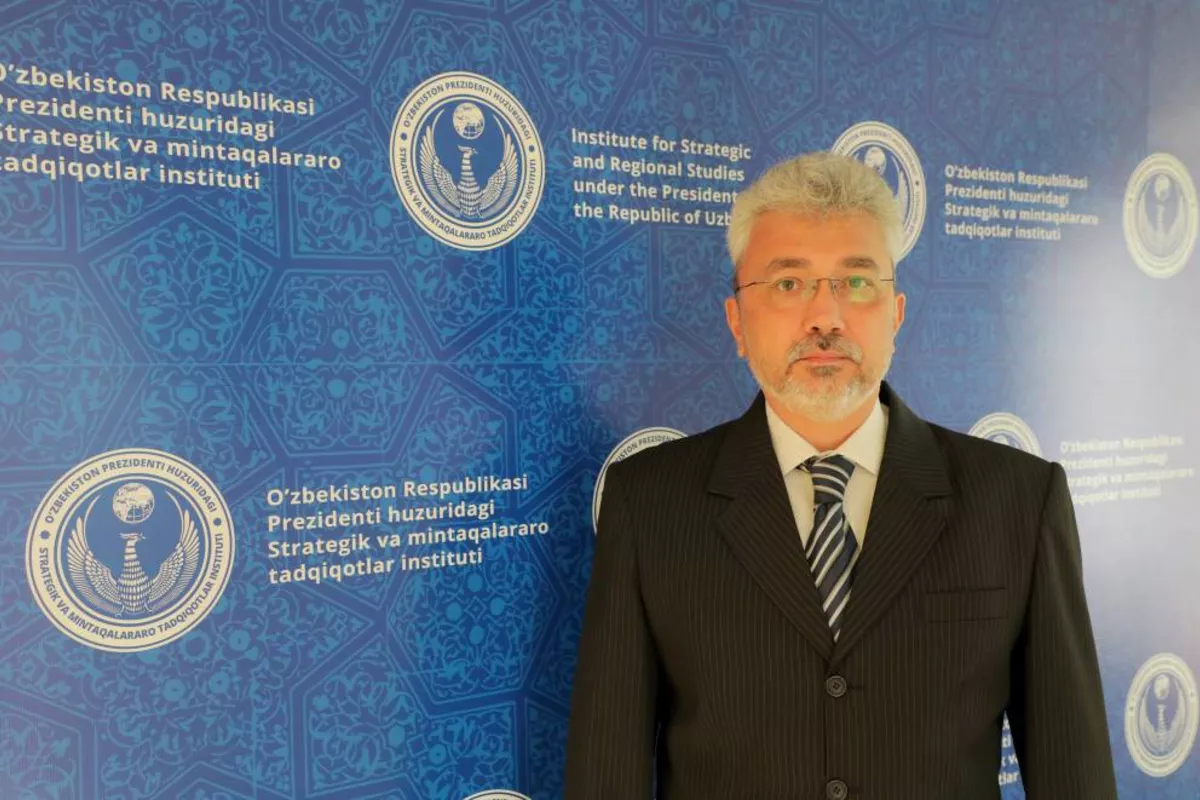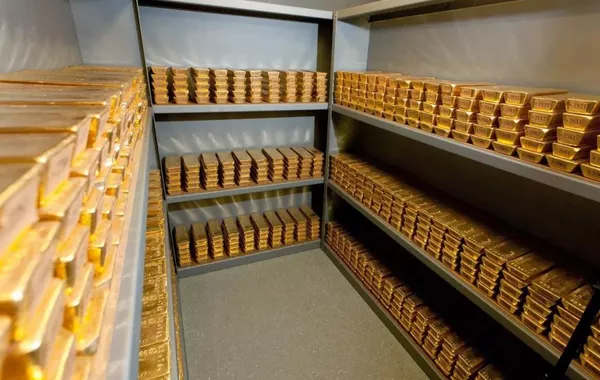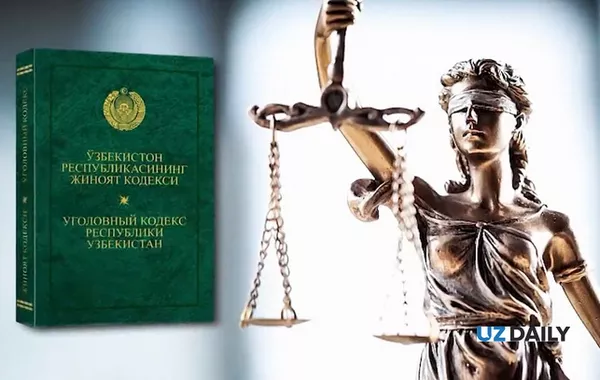
Photo: uza.uz
The regular summit of the Shanghai Cooperation Organization (SCO) took place in Tianjin, China, on August 31 - September 1 of this year. At the summit, the leaders of the member countries discussed global and regional security issues, the economy, and international cooperation. As a result, 20 documents were signed, the main of which were the Tianjin Declaration and the SCO Development Strategy until 2035, The Caspian Post reports citing Uzbek media.
Since its inception, one of the key priorities of the Organization’s activities has been cooperation in the field of security. Today, as the system of international relations undergoes profound upheavals and the previous order based on universally recognized norms and principles of international law is losing its stability, further expansion and deepening of cooperation in this area are becoming even more in demand.
As the President of the Republic of Uzbekistan noted in his speech, “the systemic crisis of trust, the escalation of conflicts, the weakening of multilateral institutions, and the fragmentation of the global trading system are undermining the foundations of the international architecture of security and stability”.
In such unpredictable conditions, the SCO can become one of the strong pillars for ensuring a stable and just world order. Throughout its history, the Organization has actively promoted and implemented the principles of non-alignment, non-confrontation, and non-direction against third parties, as well as fostering peace through dialogue and cooperation.
The need for coordinated approaches and new mechanisms for trust and security is precisely what underpins the initiative proposed by the Leader of Uzbekistan for the adoption of a Declaration on Strengthening Multilateral Partnership for Nuclear Security.
According to the President, its adoption “will become a solid foundation for the development of peaceful atomand emergencyresponse, an important contribution to the global non-proliferationregime under the auspices of the United Nations”.
In other words, Uzbekistanproposes to include nuclearsafety issues in the sphere of cooperation withinthe SCO.At the same time, Tashkent’s approach is focused not only on controlling atomic weapons and preventing the proliferation of nuclear technologies, but also considers the context of technological development, protection, and responseto possibleaccidents or threats.
Why does the President of Uzbekistan, in particular, put the initiative forward right now?
First, globalinstability. The world is facing increasing uncertainty- a crisis of confidence, escalating militaryconflicts, and weakeningmultilateral institutions are undermininginternational security.
According to the Stockholm International Peace Research Institute (SIPRI), global security continued to deteriorate in 2024, military spending continued to increase, and a new nuclear arms race accelerated.
According to a SIPRI analysis, global military spending in 2024 grew by 9.4% and reached $2.7 trillion, or 2.5% of the world’s GDP. At the same time, according to SIPRI Director D. Smith, there are signs of a new nuclear arms race that “is gaining strength and carries far more risk and uncertainty than the last one”.
In such circumstances, when the world has become more vulnerableto nuclearrisks andconflicts, solidarity within the SCO is becoming the key topeaceful cooperation inEurasia.
Second, there is a need for new mechanisms of trust. Currentchallenges require notonly negotiations but also coordinated approaches andtrust mechanisms,including in the field of nuclear safety. The Declarationcan becomesuch a mechanism that strengthens collectiveresilience, demonstrating the common position of the SCO countries onpreventing atomic risks.
Third, the peacefulpotential of the atom. There is a growing interest inpeaceful nuclear energyin the developing SCOcountries, including Uzbekistan.In the modern era of rapid technological growth and evolving threats, it is becoming necessary to update the format of cooperationand expand the security framework.
Fourth, strengthening the SCO’s role as a responsible participant in the global securitysystem. As the Leader of Uzbekistan notedin hisspeech, “the SCO’s voiceshould sound evenmore convincingand firmas an expression of our common politicalwill, as a call for decisiveaction for a peacefulfuture and sustainableprogress”. Support for the non-proliferation regime andUN standardsin the field of nuclearsafety will emphasize the SCO’s commitment to international obligations, strengthen the Organization’s authority androle as a responsible, open, and inclusive mechanism serving the cause of peace, stability, and prosperity on a globalscale.
Thus, Uzbekistan’s initiative to adopt the Declaration on Strengthening Multilateral Partnership for Nuclear Security is a pragmatic and timely step aimed at enhancing regional security, fostering trust in the infrastructure, and promoting the peaceful use of nuclear energy.
In modern conditions, where problems of cross-border threats and technological competition are becoming increasingly acute, such a document can evolve from a declaration to an actual roadmapfor long-term cooperationin the field of nuclearsafety.
Share on social media

